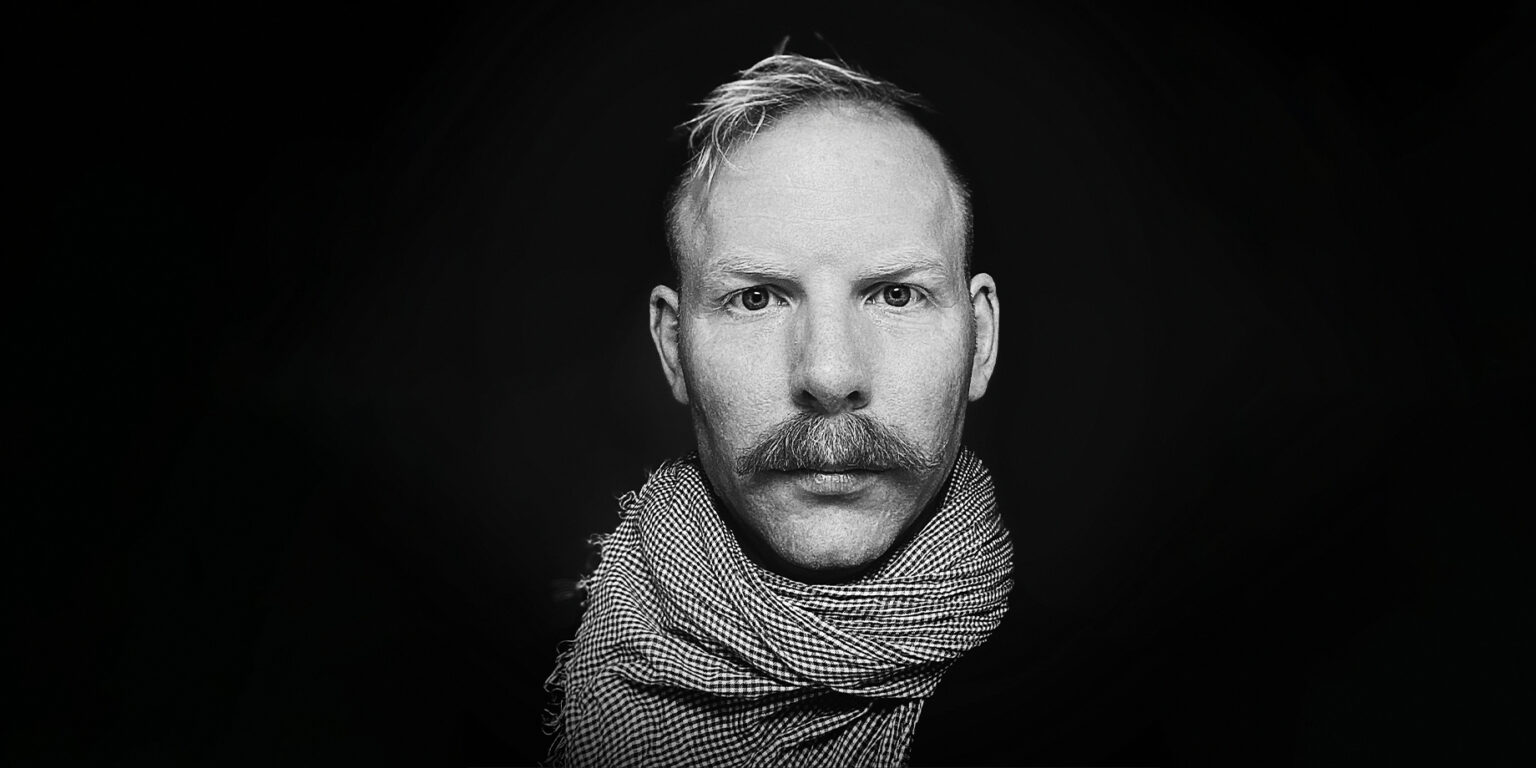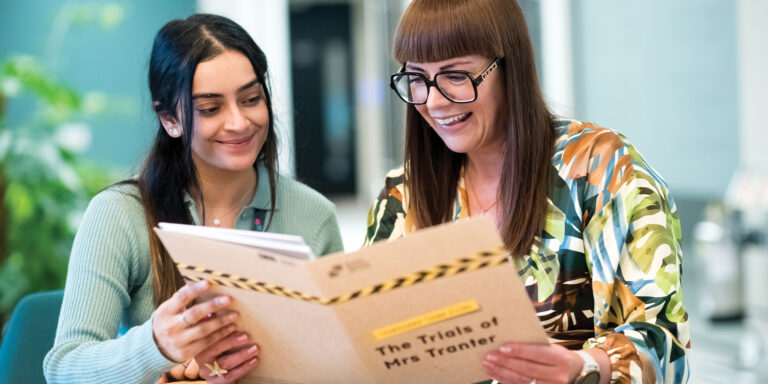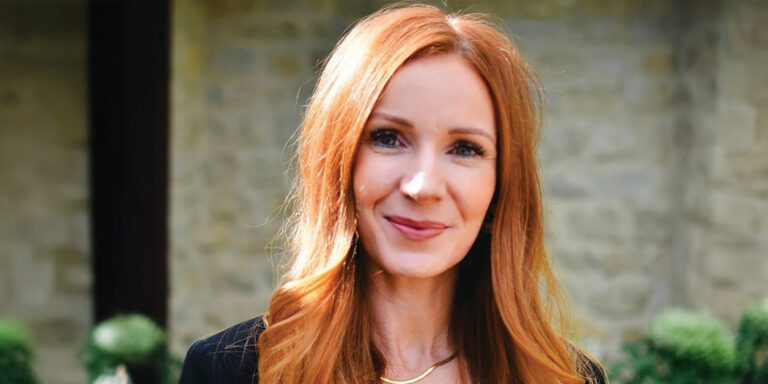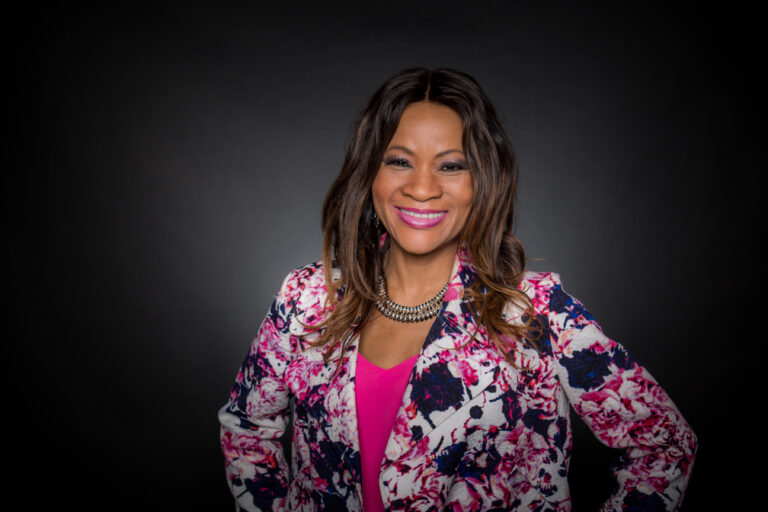There’s a phenomenon that exists within all forms of human decision-making of ‘scope neglect’, a bias that causes us to undervalue problems when their scale increases. This means we fail to value the loss of a polar bear as an individual while simultaneously underestimating the risk
to the entire ecosystem. We say the pain of losing a child is ‘unimaginable’ so it’s natural to find it hard to imagine the death of all of humanity. It’s time to change that.
Before the Covid-19 pandemic, a national-scale lockdown was unimaginable. Now, faced with the very real prospect of ecological collapse – where, for example, entire forest ecosystems exist only as lifeless stumps for 1,000s of years – we have to think way beyond 30-day or 10-year planning ranges to survive (and this is literally about survival). We need to develop a transgenerational temporal literacy. To move beyond ‘living’ memories and into the strange underbelly of the non-human realm.
This can be encapsulated in what historian Jared Farmer terms ‘chronodiversity’ or a diversity of time. It is similar to what scholar Keri Facer has called for in cultivating our ‘temporal imagination’. It’s about acknowledging that there are different forms of time – glacial time, shrew time, oak time, Norway time – that all have ecological implications. When our view of time is shallow, we risk missing the slow death of our eco – or life-support – systems underneath our very feet.
Another part of the problem is our disconnection from nature. We really started to engineer this disconnect at the time of the Industrial Revolution. It has reached the point where we have radically reduced our synchronisation with the ecological rhythms of the earth. Increasingly, climate impacts are exposing the problems of the asynchronisation – effecting work patterns due to heat and commuting routines due to flooding. These are the new rhythms we all operate with, and we’re still deeply maladapted to them.
“We need to start thinking ecologically”
So what to do? First, especially for new leaders, we need to start thinking ecologically, about deeper connections to non-human rhythms and flows of our earth system. Get your teams in step. This will require more ‘temporal imagination’ as Facer says, and more engagement with others that use differ temporal frames, from ancient oaks to bitcoin miners. It may sound hard to imagine, but that’s the point.
One of the core roles of a leader is to bravely attempt to articulate a better future, even though that future is hard to imagine. It’s not about what you’re doing next week; it’s about the broader strategic context. This is a fundamental leadership responsibility. Leaders need to prepare their teams for the unknown, the unprecedented, and that is an act of creativity, about making new connections between things we perceive as disconnected or irrelevant today.
The question leaders need to ask is: “Who’s time am I harmonised with – the global stock markets or my local river’s Mayflies? Who’s time is being cut short by my choice of temporal framing?” Ecological collapse is about an irreversible loss of essential functioning and character of the landscape we have grown up with. They are all we’ve known. It’s time to get seriously imaginative.
Philip Tovey is a visiting research fellow at the School of Biological Sciences, University of Reading.
This article is adapted from a feature first published in the autumn 2024 issue of Edge.





